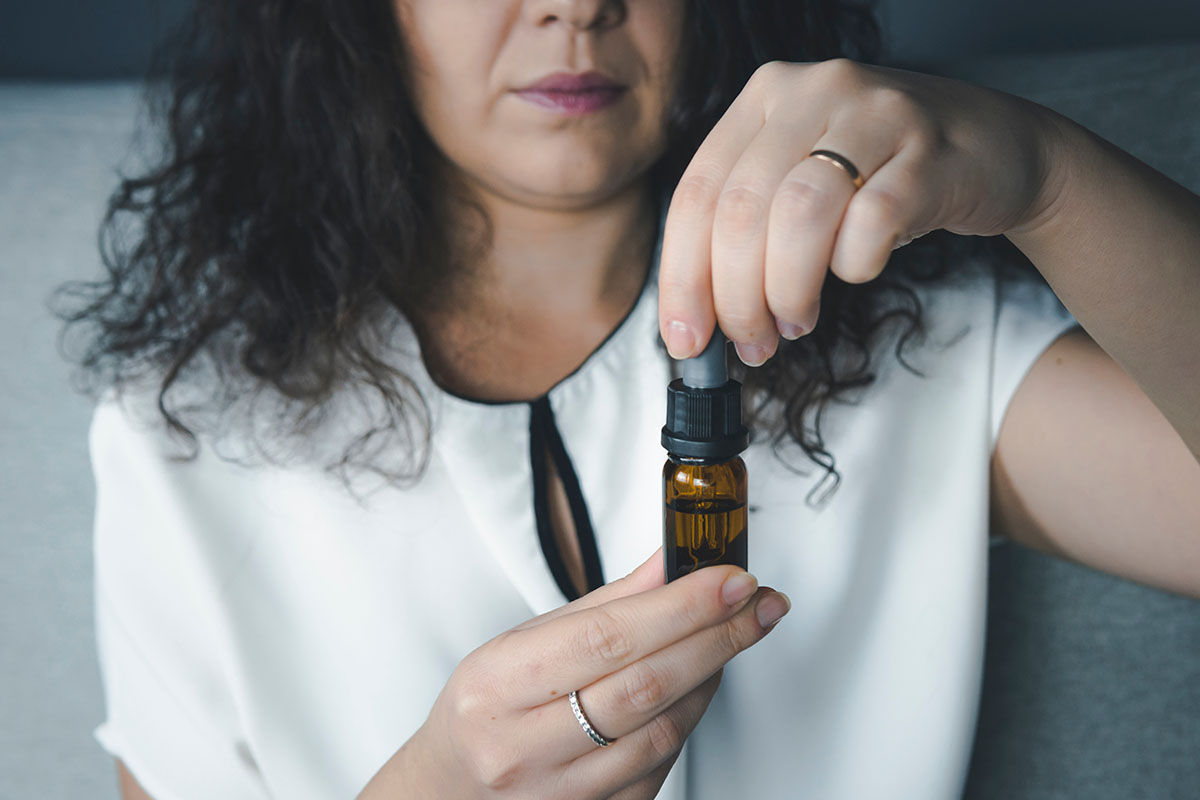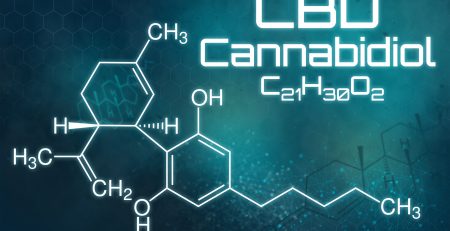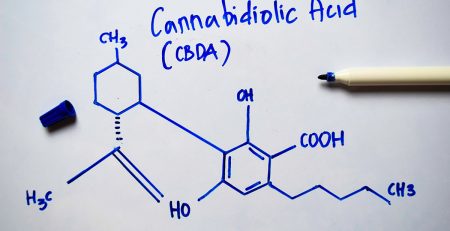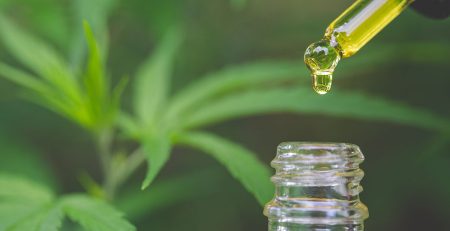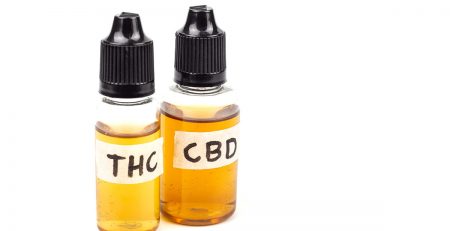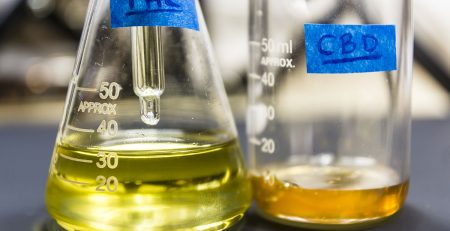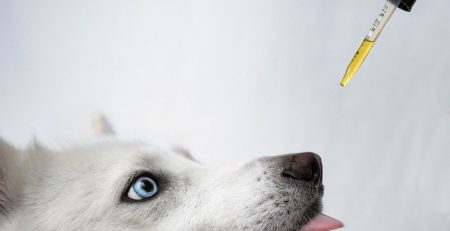What Employers Should Know About CBD
CBD’s popularity continues to grow and with it is an increase in more positive tests for tetrahydrocannabinol or THC, the component of cannabis that produces a high. Since this can lead to a number of problems in the workplace, employers need to know as much as possible about CBD products, what they’re used for and if they contain any THC.
Cannabidiol, or CBD, is a molecule extracted from either cannabis (marijuana) or hemp. If it comes from the cannabis plant, it usually contains some percentage of THC. In many states, 0.3% is the legal amount of THC allowed in many CBD products. If the CBD comes from hemp, there is generally no THC whatsoever.
Employees may be using CBD for many physical, emotional, mental or even neurological health conditions, and may experience good results. Most people take CBD for pain, inflammation, anxiety, depression, or sleep problems. Others take it to relieve muscle spasms associated with multiple sclerosis or reduce seizures associated with epilepsy. In fact, two FDA-approved CBD-based medications are Epidiolex for seizures and Sativex for MS. Marinol is another FDA-approved drug for nausea due to chemotherapy as well as the eating disorder, anorexia. Sativex and Marilnol contain THC and CBD, while Epidiolex contains only CBD.
Problems for employers arise when a positive test is the cause of CBD containing traces of THC or the real thing – marijuana. Another problem is that a positive test doesn’t necessarily mean the employee is impaired, because THC can remain in the system for several weeks. Employers may choose to test new hires, employees who appear to be impaired, or just to enforce drug-free policies.
What happens when an employee tests positive for THC? The employee must have a conversation with the employee and offer him or her a chance to explain why the test turned out positive. If an employee is using a CBD product that contains as little as 0.3% (the legal limit), they can still test positive for THC.
It should be made clear to employees through training and education that they can take CBD, but at their own risk. There simply is no way to know exactly how much CBD or THC is in a product unless it is laboratory tested. Let them know that even if they let the employer know they are using CBD and they are not impaired, if they test positive there will be consequences.
Always consult your attorney, HR representative, and lab professionals about your concerns with CBD and your staff.

